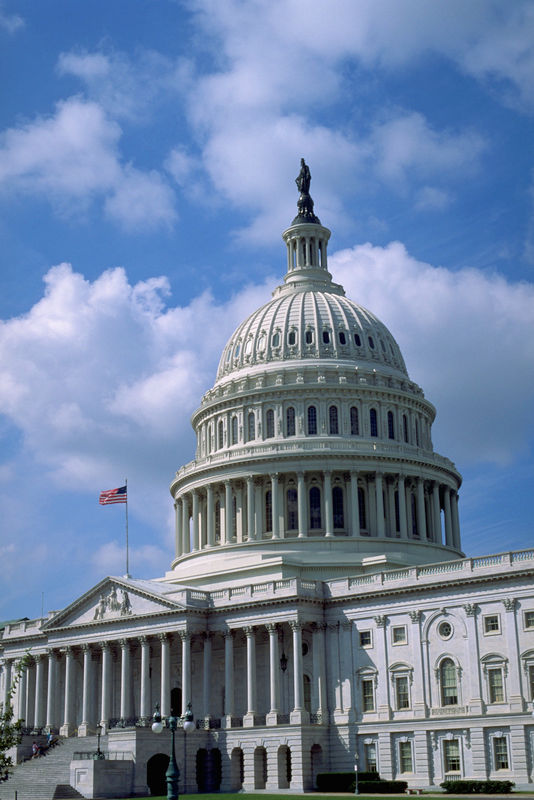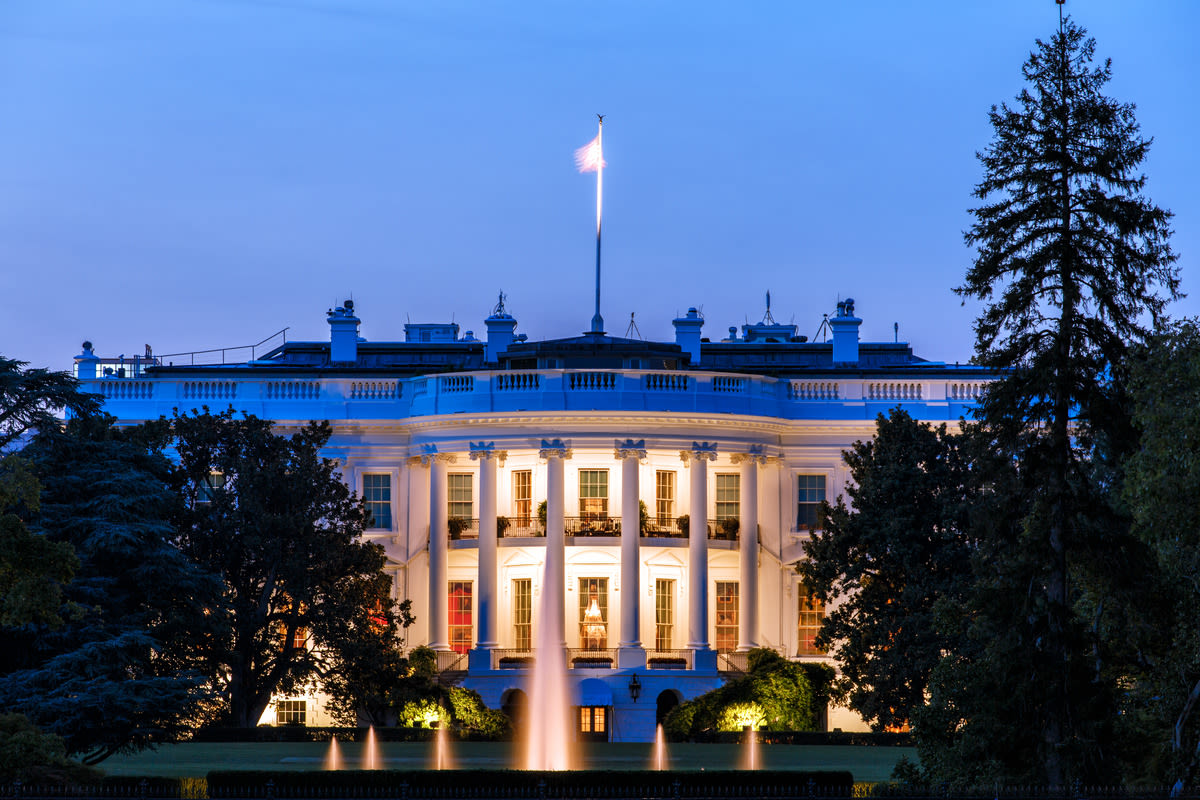Tariff Insider: August 14, 2019

August 14, 2019
Some New 10% Chinese Import Tariffs to be Deferred, Others on Track for 9/1 Implementation
As trade war continues, President Trump tries to soften impact for holiday shopping season
Global trade partners have been having a rough go of it in the past year, forced to endure the tariff rollercoaster, unclear when the ride will end. While some tariffs have panned out as mere threats, others have been implemented, biting into precious margins. Regardless of the ultimate outcome, one thing has remained certain: Businesses are scrambling to make sense of the announcements and look for ways to minimize the impact to revenue and supply chain costs.
As Flexport Chief Economist Dr. Phil Levy wrote earlier this month, President Trump announced an additional 10% tariff on $300 billion worth of goods imported from China that were not already subject to Section 301 tariffs on August 1. Importantly, these tariffs were to take effect September 1 — until an announcement August 13, which skimmed some goods off the list, deferring implementation of the duties to a later date — December 15, to be exact.
Split into two groups (List A and List B), each with different implementation dates, the United States Trade Representative (USTR) lists the specific goods by effective date on its website.
List A includes agricultural products, footwear, certain types of clothing, and linens.
List B includes foods, baby items, specific garments, watches, and some electronics.
According to The Wall Street Journal, President Trump suggested that the delay for the second list was to lessen the impact on the holiday shopping season, pushing off tariffs on products that would likely be on holiday shopping lists. In addition, Bloomberg reports, “Nearly $2 billion worth of products were removed from the combined lists including bibles and shipping containers.”
Too Little, Too Late?
Despite throwing a bone in recognition of the holiday season, “some businesses expressed frustration with the sudden turnaround and the fact that they were once again being left to make important business decisions on the fly because of the President’s trade policies,” reports Bloomberg. Echoing that sentiment, Gary Shapiro, the chief executive of the Consumer Technology Association, told the Journal that his group was thankful that some tariffs were being delayed. “But the uncertainty and volatility of policy based on tariffs is bad for American businesses and is bad for workers, families and the U.S. economy,” said Shapiro.
What’s more, according to Bloomberg Intelligence retail analyst Poonam Goyal, the short lead time on the September 1 deadline boxed in retailers because they weren’t able to get a jump on ordering for the holiday season since inventory typically takes at least four weeks to make its way from China. Flexport’s Chief Economist Levy says, “It was too short a time frame for ocean shippers to react. While there was and remains time for air freight, that only helps if shipments are cargo-ready, and that requires additional time, as well.”
As businesses continue to reel from the chaotic swings in trade policy, so do the markets. “Markets are dealing with a dawning realization that major trade policy battles are not near resolution. This poses an ongoing threat to existing global supply chains,” cautions Levy. "In the context of this policy uncertainty, we have also seen a slowdown in business investment. Ultimately, this slows down economies as more businesses feel the need to wait and watch. The effects are being felt around the world,” Levy adds.
Stay tuned here for more updates on tariffs, as they occur.
Hear Flexport Chief Economist Dr. Phil Levy speak at FORWARD 19, Flexport’s upcoming conference on shipping and supply chain management. Levy will be leading a session focused on tariffs, global macroeconomics, and how to navigate the trade wars.
About the Author

August 14, 2019



